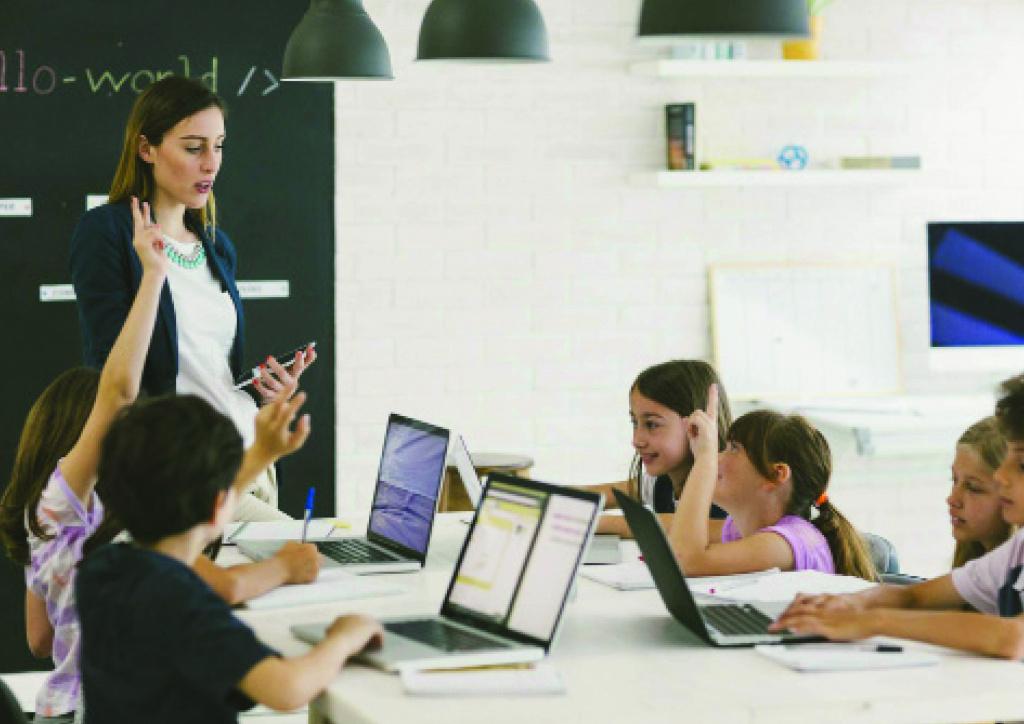
Gamification or ‘game-based learning’ put simply, means using elements of play to help children learn. This can include point-scoring, competing against other pupils, rules and rewards for success. While hardly a new concept, the constant evolution of the online world means that game-based learning is taking on new and increasingly innovative approaches to help engage pupils in learning.
In many cases, online, game-based resources are used to engage often reluctant learners with topics or subjects they may struggle to learn through more traditional teaching techniques. In this article, we look at how employing gamification with SEND students has helped to motivate children and increase their confidence in maths, a subject which many had previously considered a subject they ‘just couldn’t do’...
Shaping Exceptional Futures
Bebington High School is a specialist sports college based in Wirral in North West England. The school’s vision is to ‘shape exceptional futures’, which it achieves through the values represented in sport: leadership, perseverance, fair play, teamwork and loyalty. The school encourages all within its community, including parents, to gain leadership and coaching awards, opening up further opportunities for students, and it prides itself on its position in the community.
As the only non-faith and non-grammar school in the area, Bebington High has a high proportion of pupils qualifying for free school meals, in addition to several EAL and SEND students.
Motivating for Maths Excellence
As Assistant SENCO and Head of Resourced-Base Provision at Bebington High, I was keen to find a solution that would help engage students with moderate learning difficulties to be more motivated in their maths learning.
We already had an additional literacy programme in place to work alongside the English curriculum and we wanted to replicate its success with our maths programme.